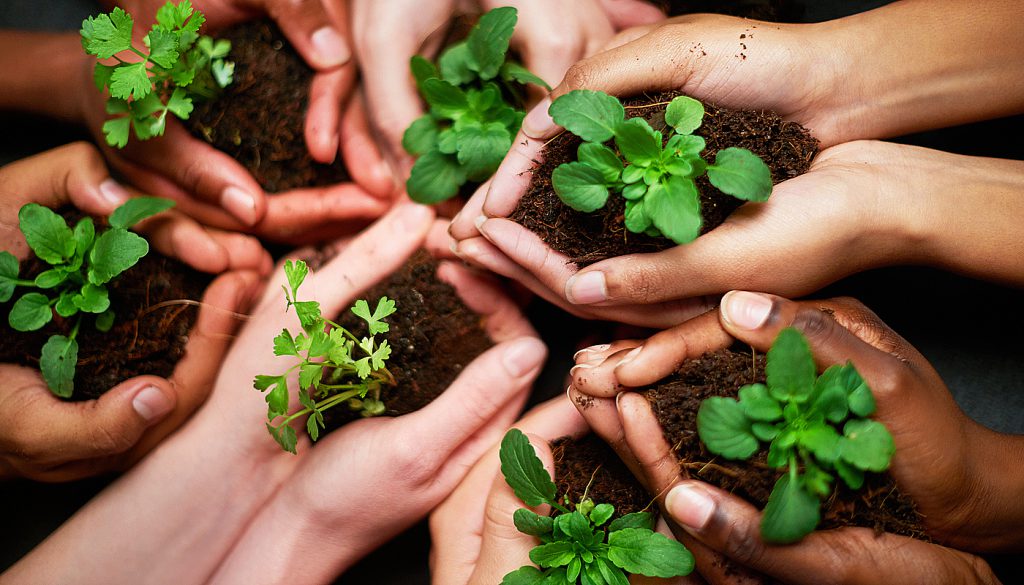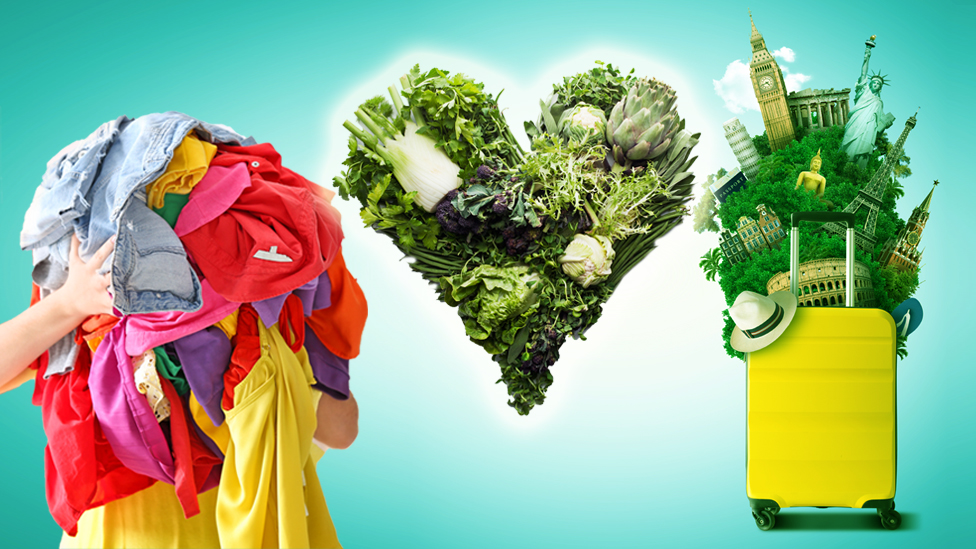A Beginner’s Guide to Eco-Friendly Parenting in the U.S.
A Beginner’s Guide to Eco-Friendly Parenting in the U.S.
Raising a baby while caring for the environment is becoming a priority for many parents. Eco-friendly parenting focuses on sustainable choices that reduce waste, limit harmful chemicals, and promote a healthier lifestyle for both your baby and the planet. This guide explores practical and achievable ways to practice eco-conscious parenting in the U.S.
1. Choose Sustainable Baby Products
- Opt for organic cotton clothing to avoid pesticides and synthetic dyes.
- Use biodegradable diapers or switch to cloth diapers to reduce landfill waste.
- Select BPA-free, non-toxic toys made from wood, silicone, or recycled materials.
2. Eco-Friendly Feeding Choices
- Breastfeeding (if possible) reduces waste from formula packaging.
- Choose glass or stainless steel baby bottles instead of plastic.
- Make homemade baby food using organic, locally sourced ingredients.
- Use reusable food pouches and silicone bibs to minimize waste.
3. Sustainable Diapering Options
- Cloth diapers: Washable and reusable, reducing landfill waste.
- Eco-friendly disposable diapers: Brands like Seventh Generation and Hello Bello offer biodegradable options.
- Compostable baby wipes: Avoid chemical-laden wipes and choose compostable versions.
4. Green Nursery Setup
- Buy second-hand cribs and furniture to reduce new material production.
- Use low-VOC (volatile organic compound) paints for safer air quality.
- Choose organic crib mattresses free from flame retardants and chemicals.
- Add indoor plants to improve air quality naturally.
5. Reduce Plastic Waste
- Use stainless steel or bamboo plates and utensils for feeding.
- Store baby food in glass containers instead of plastic.
- Avoid single-use plastics by choosing reusable snack bags and silicone storage options.
6. Sustainable Baby Transportation
- Consider a second-hand stroller or car seat (check safety regulations first).
- Use public transportation, walking, or biking when possible.
- Choose eco-friendly baby carriers made from organic or recycled materials.
7. Eco-Friendly Bathing & Skincare
- Select natural, fragrance-free baby soaps and lotions.
- Use organic cotton washcloths instead of disposable wipes.
- Choose refillable or package-free shampoos and body washes.
8. Reduce Energy and Water Usage
- Wash baby clothes in cold water and air-dry when possible.
- Turn off electronics and lights when not in use.
- Use energy-efficient appliances for laundry and bottle sterilization.
- Limit bathwater use by opting for quick sponge baths when possible.
9. Buy Second-Hand & Participate in Toy Swaps
- Buy used baby gear from thrift stores, online marketplaces, or baby consignment shops.
- Join local toy swap events or online parent groups to exchange toys and clothes.
- Donate or sell outgrown baby items instead of throwing them away.
10. Teach Eco-Friendly Habits Early
- Read eco-conscious children’s books that promote sustainability.
- Involve your child in gardening, recycling, and composting from an early age.
- Use nature-based toys and outdoor play instead of screen time.
Final Thoughts
Eco-friendly parenting in the U.S. is about making small, sustainable choices that collectively have a big impact. By opting for organic, reusable, and non-toxic baby products, reducing waste, and teaching eco-conscious habits, parents can raise healthier children while protecting the planet.
SEO Keywords: eco-friendly parenting USA, sustainable baby products, green nursery setup, cloth diaper benefits, organic baby food, BPA-free baby toys, eco-conscious parenting tips
With these easy steps, you can start your journey toward sustainable and environmentally friendly parenting today!
amazon best seller







Comments